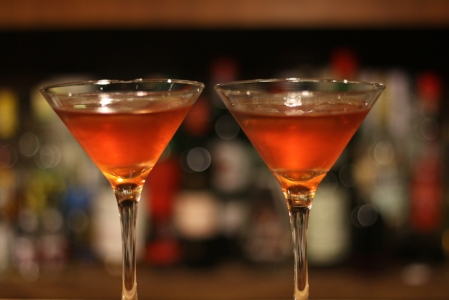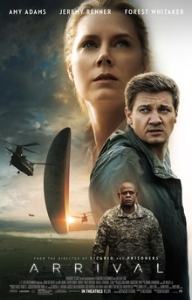This year's holiday podcast looks back at last year's Christmas video, Stocking, and we talk about the Christmas treats our families enjoy, their history, and their etymology. All you could ever want to know about plum pudding and tourtiere, along with the story of St Nick himself. (PS: since the recording, I've seen indications that the 'mincepie ban' by the Puritans may be a myth, but Christmas celebrations in general definitely were banned, and mincepies and plum puddings were strongly associated with observances of the holiday, so were presumably included.)
Show Notes
Reindeer video
Merchandise (CafePress Site)
Stocking video
Gerry Bowler, The World Encyclopedia of Christmas
Bruce David Forbes, Christmas: A Candid History
Desmond Morris, Christmas Watching
Andrea Broomfield, Food and Cooking in Victorian England: A History
Kaufman, Cathy. “The Ideal Christmas Dinner.” Gastronomica, vol. 4, no. 4, 2004, pp. 17–24.
Leach, Helen. “Translating the 18th Century Pudding.” Islands of Inquiry: Colonisation, Seafaring and the Archaeology of Maritime Landscapes, edited by Geoffrey Clark et al., vol. 29, ANU Press, 2008, pp. 381–396.
History of shortbread.
Canadian Encyclopedia "Tourtière"
Lemasson, Jean-Pierre. "The Long History of the Tourtière of Quebec's Lac-St-Jean", in What's to Eat? Entrees in Canadian Food History, edited by Nathalie Cooke, McGill-Queens UP, 2009.
Our Patreon page
iTunes link
Stitcher link
Google Play Music link
This podcast episode on YouTube














































